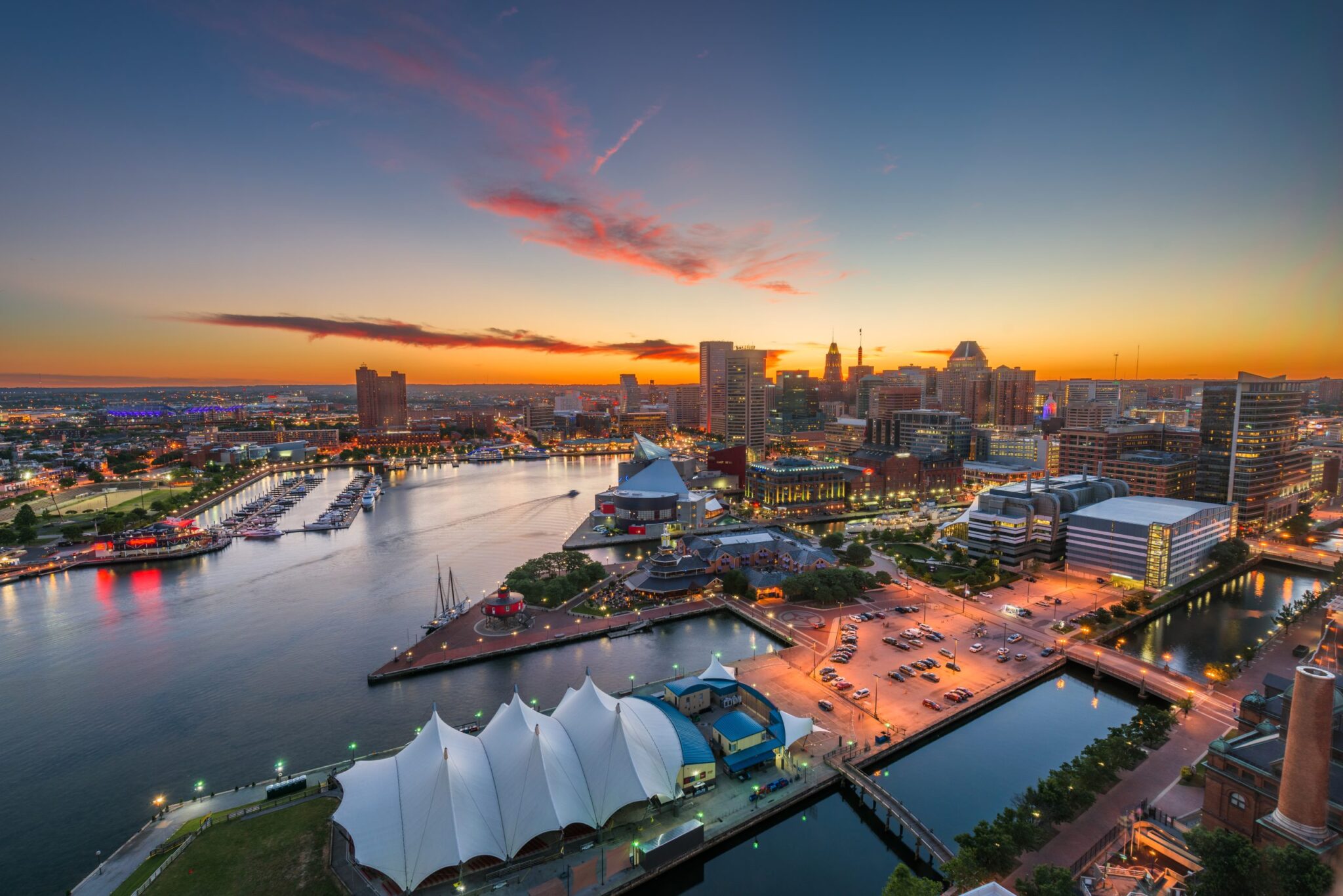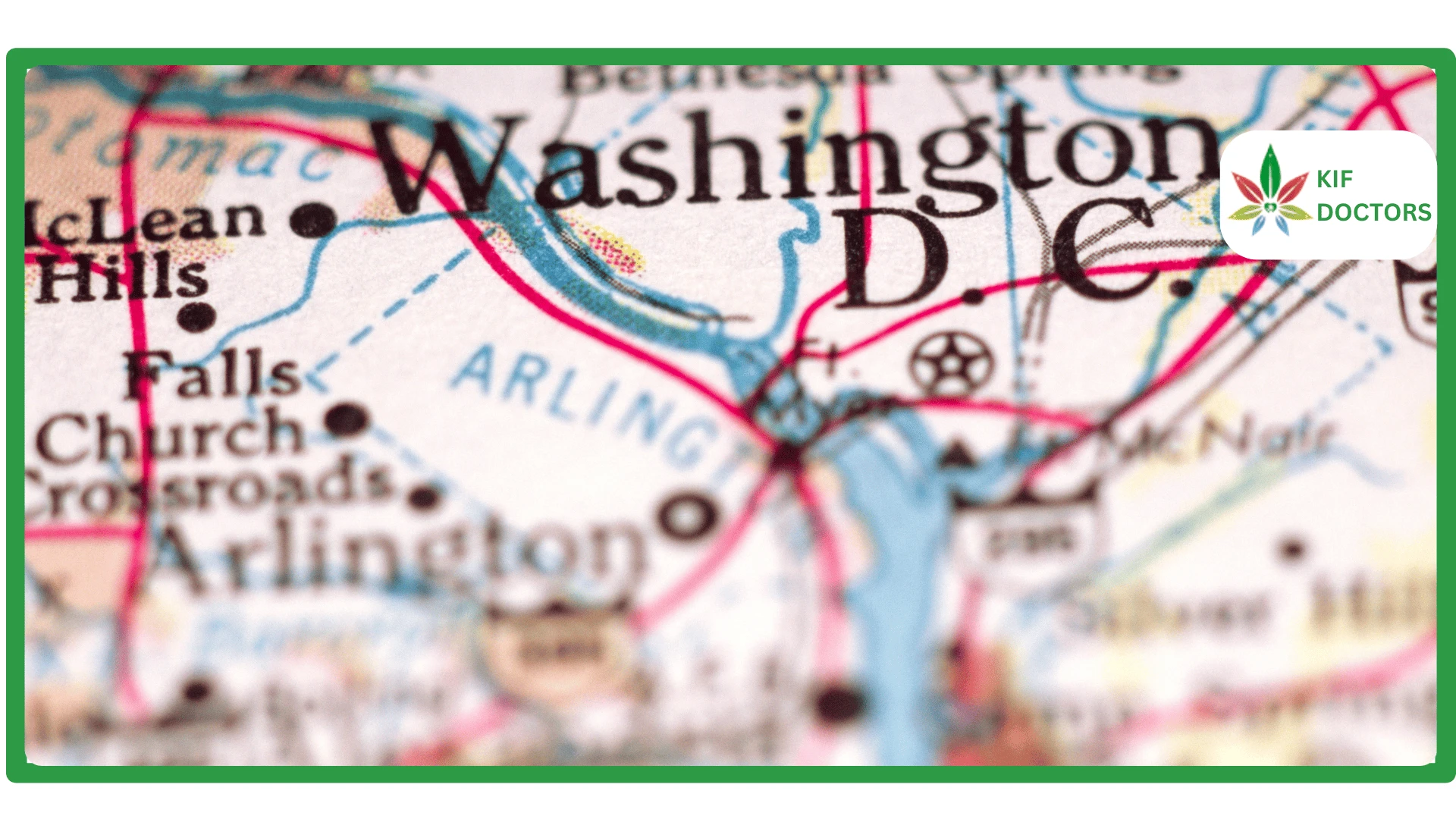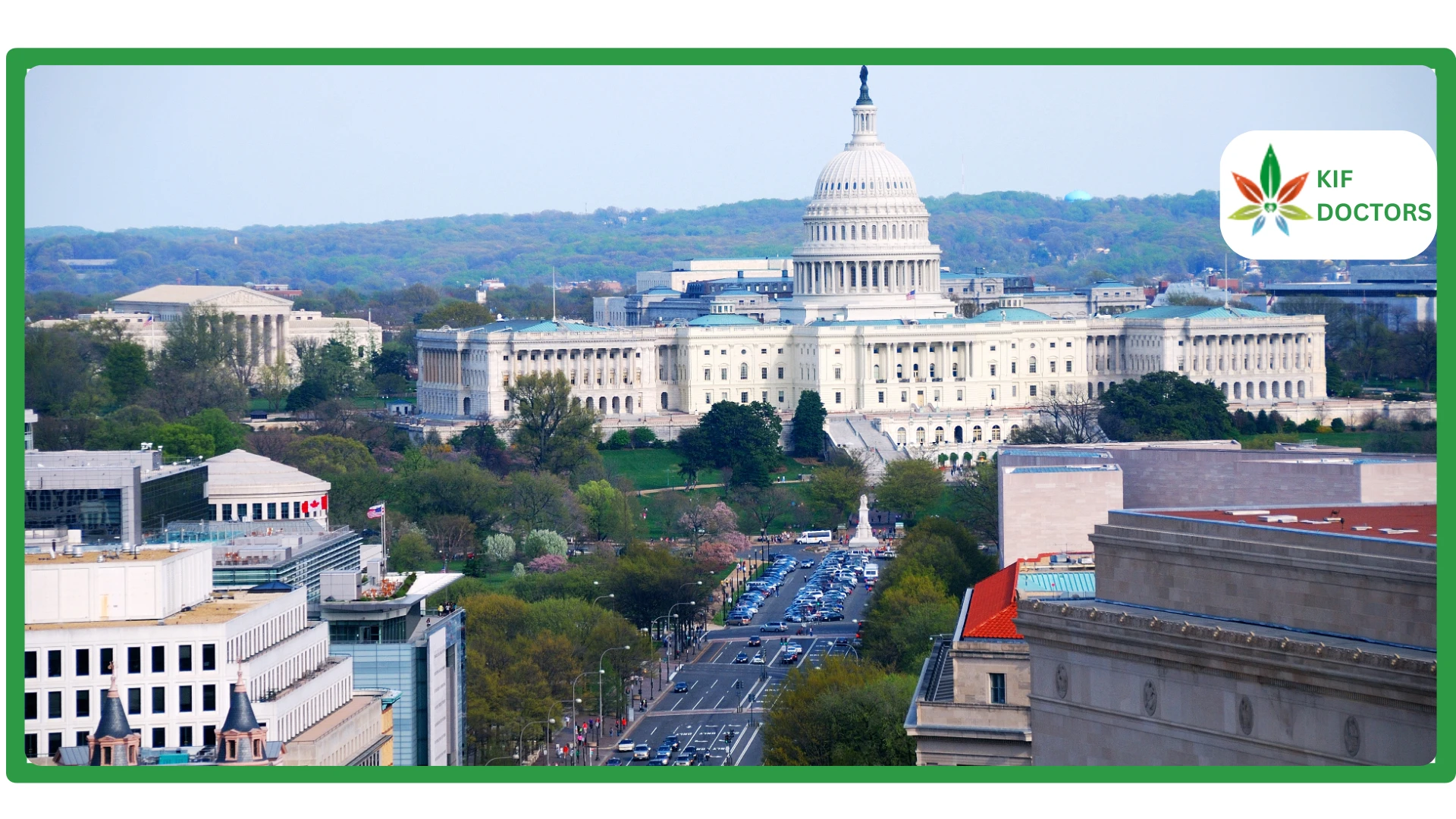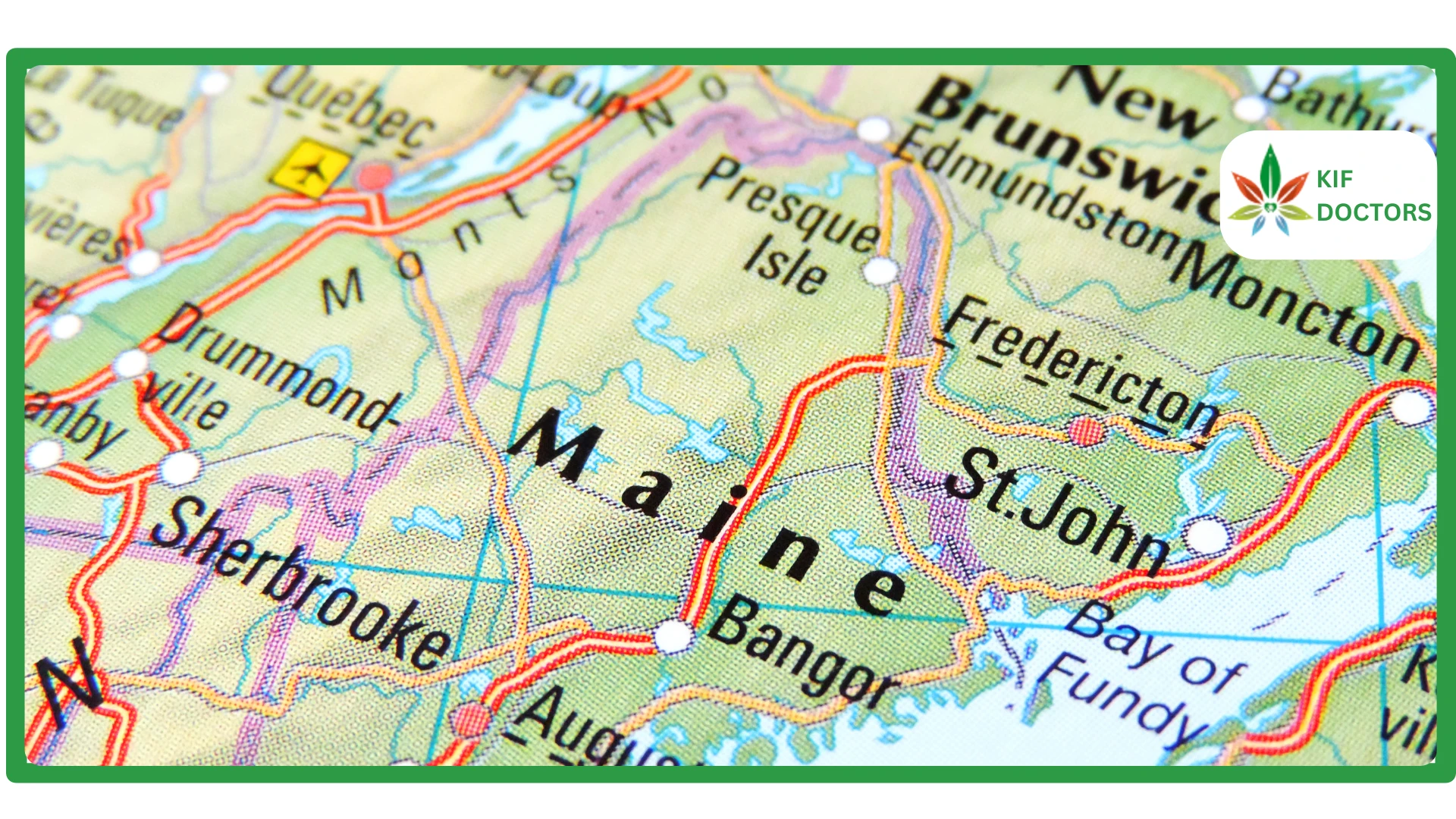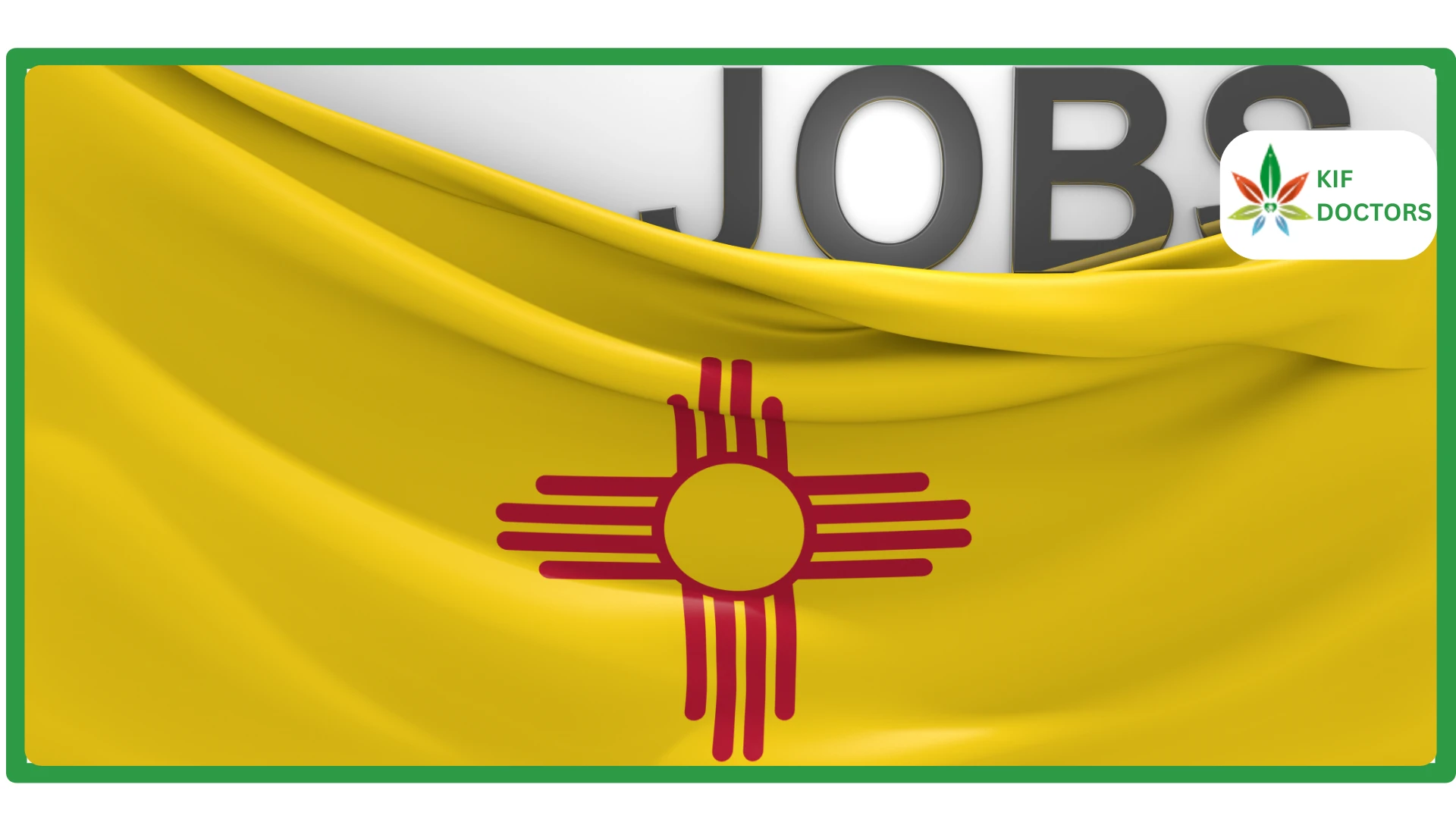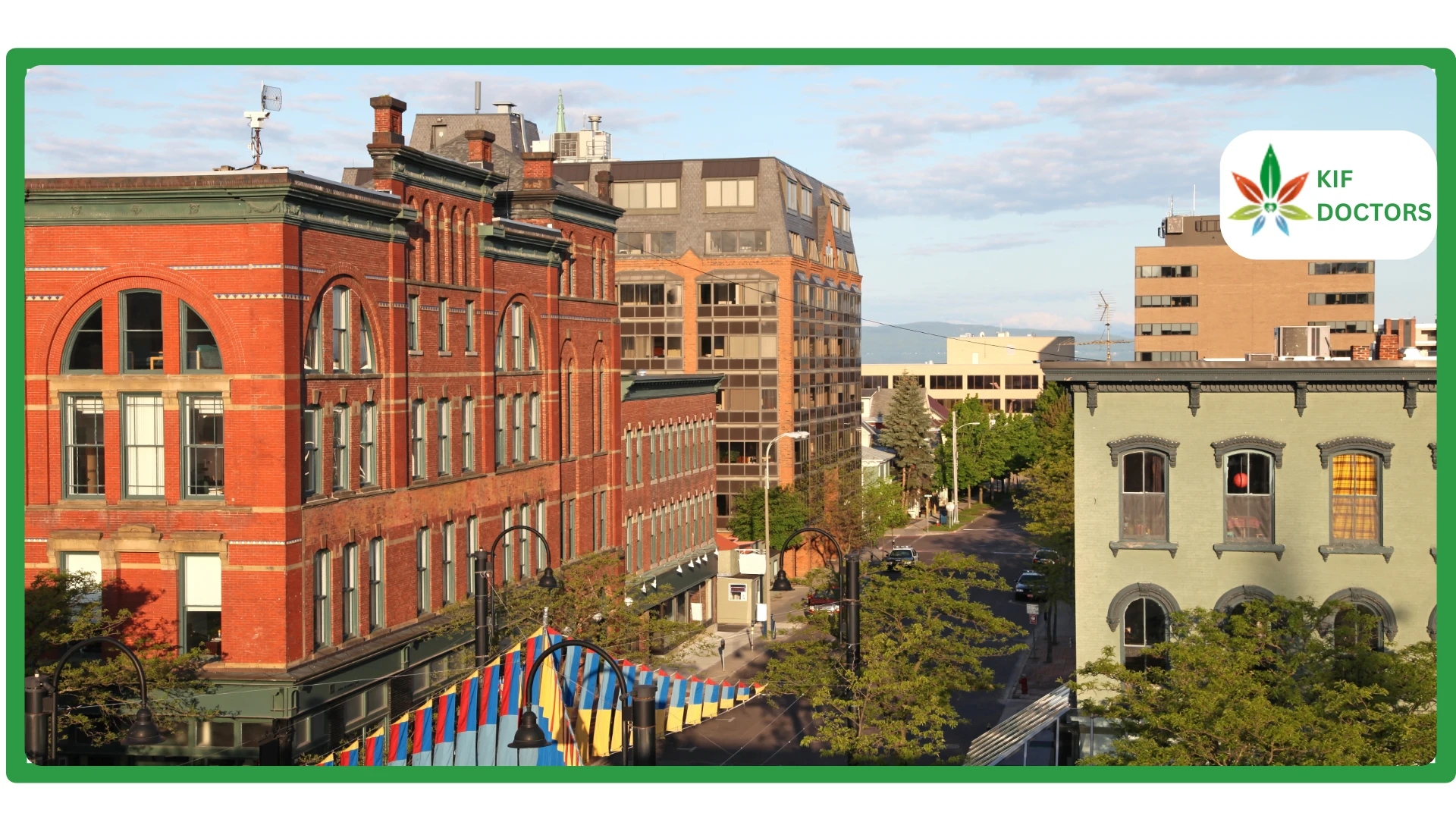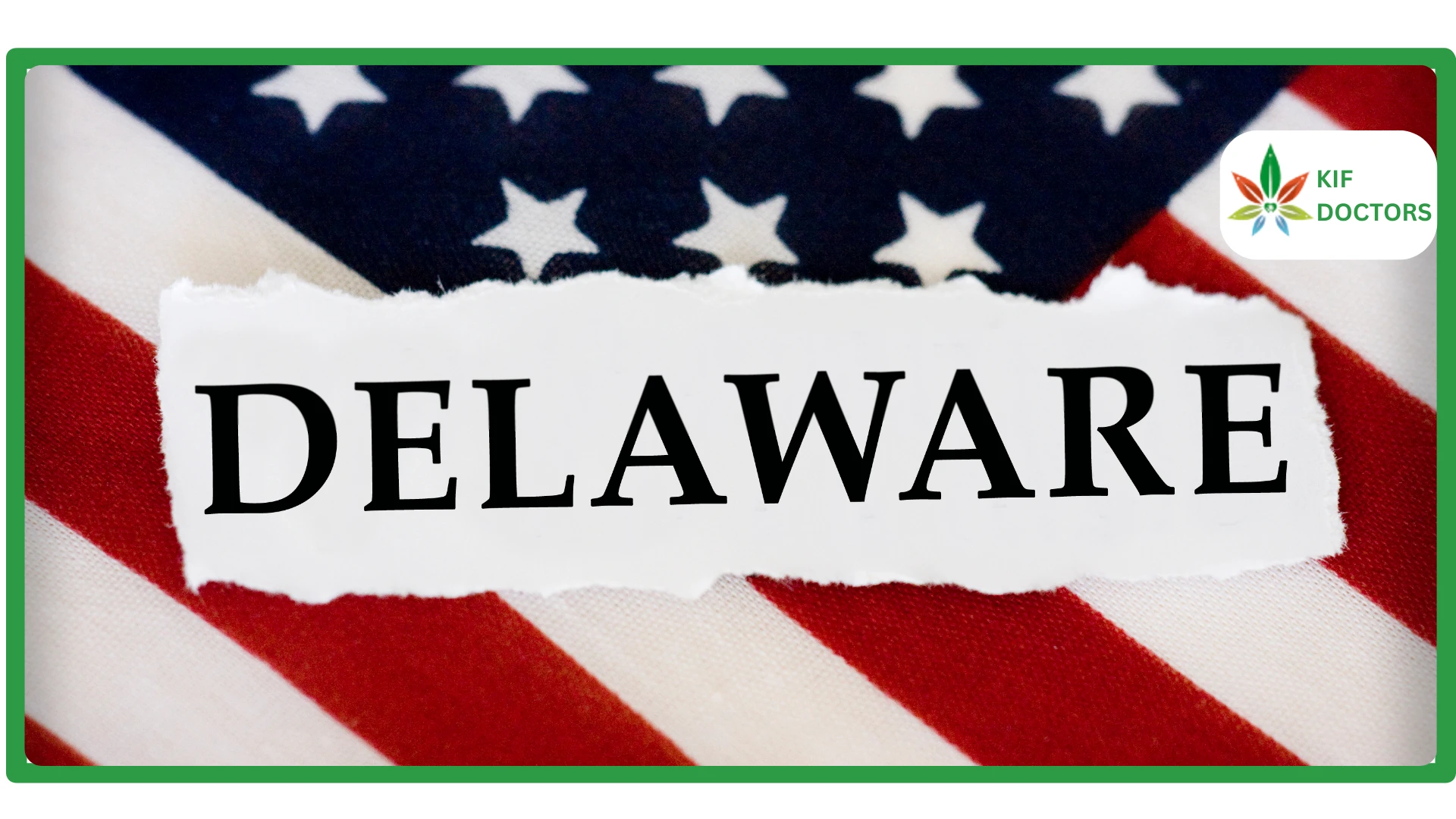Maryland’s medical marijuana program has become a lifeline for many residents seeking relief from chronic conditions. Since its legalization in 2014, the program has grown, offering patients access to cannabis products through a regulated system. With recreational marijuana also legal since 2023, some might wonder why a medical marijuana card is still worth pursuing. This guide breaks down everything you need to know about Maryland’s medical cannabis program, including how to get a card, qualifying conditions, benefits, and the latest regulations. Whether you’re a patient exploring treatment options or a caregiver assisting a loved one, this article provides clear, up-to-date information to navigate the process.
Overview of Maryland’s Medical Marijuana Program
Maryland’s journey with medical cannabis began in 2014 when Governor Martin O’Malley signed House Bill 881, establishing the Maryland Medical Cannabis Commission (MMCC), now known as the Maryland Cannabis Administration (MCA). The MCA oversees the state’s medical cannabis program, ensuring safe and effective access for qualifying patients. The program became fully operational in December 2017, and since then, thousands of Marylanders have enrolled to access cannabis products for medical purposes.
Unlike some states with restrictive programs, Maryland allows a wide range of cannabis products, including flower, edibles, tinctures, concentrates, and topicals. Medical cannabis is available at licensed dispensaries across the state, and patients benefit from tax exemptions and higher possession limits compared to recreational users. As of November 2024, the MCA reported over 100,000 registered medical cannabis patients, reflecting the program’s accessibility and popularity.
In 2023, Maryland legalized recreational marijuana, allowing adults 21 and older to purchase cannabis without a medical card. However, the medical program remains vital for patients seeking specific treatments, lower costs, and legal protections. The MCA continues to refine regulations, balancing the needs of medical patients with the growing recreational market.
Why Get a Medical Marijuana Card in Maryland?
With recreational cannabis legal, you might wonder if a medical marijuana card is still necessary. The answer depends on your needs, but there are several compelling reasons to join the medical program:
- Tax Exemption: Medical cannabis purchases are exempt from the 9% sales tax applied to recreational sales, saving patients money over time.
- Higher Possession Limits: Medical cardholders can purchase up to 120 grams of cannabis flower or 36 grams of THC extract every 30 days, significantly more than the 1.5 ounces allowed for recreational users.
- Access to Expert Guidance: Medical patients work with certified physicians who provide personalized treatment plans, ensuring safe and effective use.
- Legal Protections: Recent legislation, such as a bill passed in March 2025, protects firefighters and rescue workers from penalties for off-duty medical cannabis use, highlighting the program’s legal safeguards.
- Priority at Dispensaries: Some dispensaries offer shorter lines or exclusive discounts for medical patients, improving the purchasing experience.
- Reciprocity Potential: While Maryland does not currently accept out-of-state medical cards, a Maryland medical card may allow purchases in other states with reciprocity agreements.
These benefits make the medical program appealing, especially for patients with chronic conditions requiring consistent cannabis use. I always recommend going for a Medical Marijuana Card Online Instantly to streamline the process and access these advantages quickly.
Qualifying Conditions for a Medical Marijuana Card
Maryland’s medical cannabis program is relatively inclusive, allowing patients with a variety of severe or debilitating conditions to qualify. The MCA defines qualifying conditions as those that are severe, for which other treatments have been ineffective, or that cause significant suffering. The list includes:
- Cachexia (wasting syndrome)
- Anorexia
- Chronic or severe pain
- Severe nausea
- Seizures
- Severe or persistent muscle spasms
- Glaucoma
- Post-traumatic stress disorder (PTSD)
- Anxiety (added in recent years)
- Any other chronic condition for which a physician determines cannabis may provide relief
Unlike some states, Maryland allows physicians to recommend cannabis for conditions not explicitly listed, provided they are severe and resistant to other treatments. This flexibility makes the program accessible to patients with unique medical needs. For example, a patient with chronic migraines or fibromyalgia might qualify if their physician deems cannabis appropriate.
How to Get a Medical Marijuana Card in Maryland
Obtaining a medical marijuana card in Maryland is a straightforward process, thanks to the state’s streamlined application system and telemedicine options. Here’s a step-by-step guide to help you get started:
- Register with the Maryland OneStop Portal: Visit the Maryland OneStop Portal to create an account and begin your application. You’ll need to provide basic information and a valid government-issued ID showing Maryland residency (e.g., driver’s license or passport).
- Consult a Certified Physician: Schedule an appointment with a physician registered with the MCA. Maryland allows telemedicine consultations, so you can meet virtually from home. The physician will evaluate your medical history and confirm you have a qualifying condition. Services like Kif Doctors offer same-day online evaluations for convenience.
- Receive a Written Certification: If approved, the physician will upload a written certification to the MCA portal using your Patient ID number. This certification is essential for your application.
- Complete the Application: Log back into the OneStop Portal to finalize your application. Upload a recent digital photo and pay the $25 state fee (waived for minor patients). Caregivers applying on behalf of minors or incapacitated adults must submit additional documentation.
- Wait for Approval: The MCA typically processes applications in 1-2 business days. Once approved, you’ll receive a digital card via email, allowing immediate dispensary access. A physical card, valid for three years, will arrive by mail.
- Visit a Dispensary: With your card, you can purchase cannabis products at any of Maryland’s licensed dispensaries. Bring your card and ID to verify your status.
The entire process is designed to be user-friendly, and telemedicine has made it even more accessible. For those needing extra support, the MCA website offers detailed instructions and FAQs.
Costs and Renewals
The cost of obtaining a medical marijuana card includes the $25 state fee and the physician consultation, which typically ranges from $100 to $200, depending on the provider. Some services offer discounts for veterans or low-income patients. The card is valid for three years, after which you’ll need to renew by consulting a physician again and submitting a new application. Renewal fees are the same as the initial application.
Where to Purchase Medical Cannabis
Maryland has over 100 licensed dispensaries, making it easy for patients to find a location nearby. Dispensaries are regulated by the MCA to ensure product safety and quality. Popular dispensaries include Curaleaf, Green Goods, and RISE, with locations in cities like Baltimore, Annapolis, and Bethesda. Many dispensaries offer delivery services for medical patients, a convenience extended through July 2026 under recent legislation.
When visiting a dispensary, bring your medical card and government-issued ID. Medical patients often enjoy priority service and may receive discounts not available to recreational users. Dispensaries also provide educational resources, helping patients choose products suited to their conditions, such as high-CBD tinctures for anxiety or THC-dominant flower for chronic pain.
Benefits of Medical Cannabis Over Recreational Use
While recreational cannabis is convenient, the medical program offers distinct advantages for patients with serious health conditions. Medical cannabis is tailored to therapeutic needs, with physicians guiding dosage and product selection. For example, a patient with epilepsy might use a high-CBD, low-THC product to manage seizures without psychoactive effects, while a recreational user might prioritize THC-heavy flower.
Medical patients also benefit from legal protections. A 2025 Senate bill ensures that firefighters and rescue workers cannot be penalized for off-duty medical cannabis use, a protection not extended to recreational users. Additionally, medical cannabis is subject to rigorous testing standards, ensuring products are free from contaminants like pesticides or mold.
The tax exemption is another major perk. A patient purchasing $100 worth of cannabis monthly saves $108 annually in taxes, a significant amount for those on fixed incomes. Higher possession limits also allow patients to stock up, reducing frequent dispensary visits.
Latest Regulations and Developments
Maryland’s cannabis landscape is dynamic, with ongoing legislative updates. In April 2025, Governor Wes Moore signed bills to legalize homemade cannabis concentrates, establish rules for consumption lounges, and shield conviction records for past marijuana offenses. These changes reflect the state’s commitment to refining its cannabis policies.
The MCA is also expanding opportunities for social equity businesses, with a second round of licensing planned for 2025. This initiative aims to support entrepreneurs from communities disproportionately impacted by past marijuana laws. Additionally, a proposed bill discussed in March 2024 seeks to protect medical cannabis patients’ gun rights under state law, addressing federal restrictions that prohibit cannabis users from owning firearms.
Despite these advancements, challenges remain. Maryland does not accept out-of-state medical cards, limiting access for visitors. Efforts to add conditions like female orgasm disorder (FOD) to the qualifying list were rejected in 2024 due to insufficient evidence, though advocates continue to push for broader eligibility.
Caregivers and Minors in the Medical Program
Maryland’s program includes provisions for caregivers and minors. Caregivers, who assist patients unable to manage their treatment, must register with the MCA and pay a $25 fee. They need a valid U.S. government-issued ID and, for minors, proof of guardianship. Caregivers can purchase and transport cannabis for patients, ensuring access for those with mobility or cognitive challenges.
Minors can enroll as patients with parental consent and a physician’s certification. There’s no age limit, making the program accessible to children with conditions like epilepsy or autism. The application process for minors is similar, but caregivers handle purchases and administration.
FAQs About Medical Marijuana in Maryland
Who qualifies for a medical marijuana card in Maryland?
Patients with severe conditions like chronic pain, PTSD, anxiety, seizures, or cachexia qualify. Physicians can also recommend cannabis for other debilitating conditions resistant to standard treatments.
How long does it take to get a medical marijuana card?
The MCA processes applications in 1-2 business days. With telemedicine, you can get certified and approved within a few days, with a digital card available immediately upon approval.
Do I need a medical card if recreational marijuana is legal?
No, but a medical card offers tax exemptions, higher possession limits, legal protections, and physician guidance, making it worthwhile for patients with chronic conditions.
Can out-of-state residents get a Maryland medical card?
No, you must be a Maryland resident with a valid state ID. Out-of-state visitors can purchase recreational cannabis if they’re 21 or older but cannot join the medical program.
How much does a medical marijuana card cost?
The state fee is $25, and physician consultations cost $100–$200. Renewals every three years have the same fees. Discounts may be available for veterans or low-income patients.
Conclusion
Maryland’s medical marijuana program offers a robust framework for patients seeking relief from serious conditions. With a straightforward application process, tax exemptions, and access to a wide range of products, the program remains a valuable option even in a state with legal recreational cannabis. By obtaining a medical card, patients gain legal protections, financial savings, and personalized care that recreational use can’t match. Whether you’re managing chronic pain, anxiety, or a complex condition like epilepsy, the program is designed to support your health journey. Stay informed about evolving regulations, and consider services like Kif Doctors for a seamless application experience. With the right information and resources, navigating Maryland’s medical cannabis landscape is easier than ever.
References:
 Since 2021, Kif offers a streamlined platform to get a medical marijuana card online. We have served more than 45K patients across the United States. Sign Up Now to get the right to use medical cannabis for your health condition without any delay.
Since 2021, Kif offers a streamlined platform to get a medical marijuana card online. We have served more than 45K patients across the United States. Sign Up Now to get the right to use medical cannabis for your health condition without any delay.















